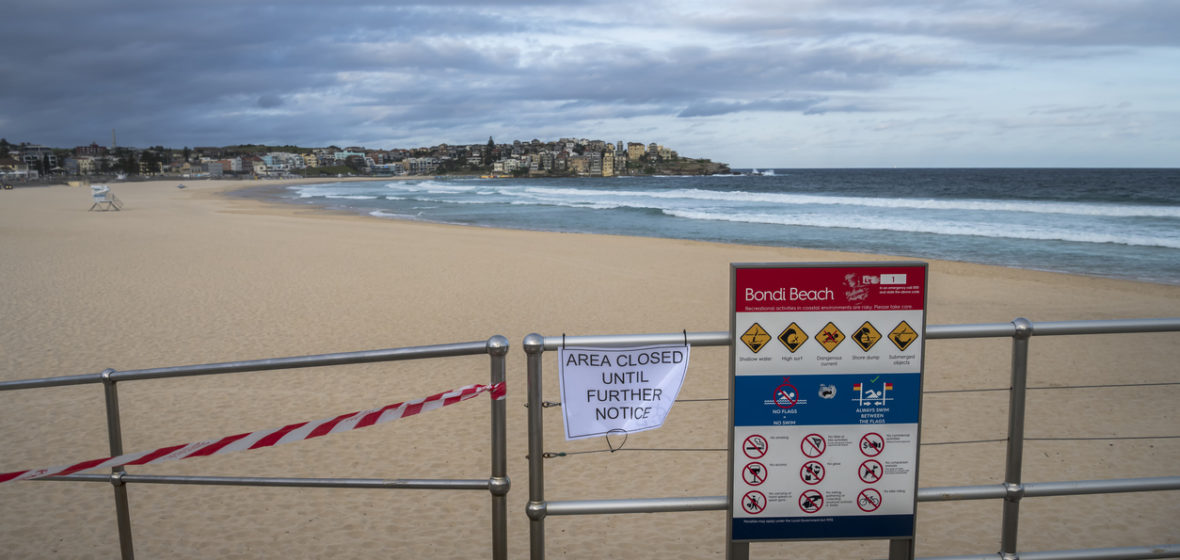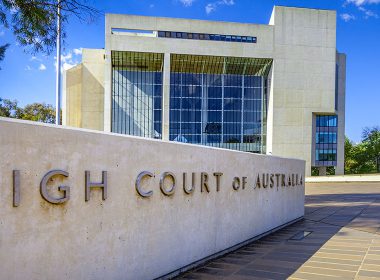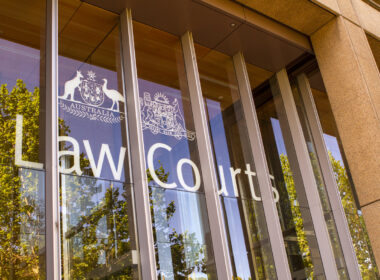The COVID-19 “lockdown” period saw NSW place unprecedented restrictions on civil liberties. Amid widespread confusion over what citizens could and could not do in the temporary “new normal”, tensions boiled over as communities clawed to maintain control over one much-loved Australian ritual: the right to go to the beach.
Autumn 2020 was unseasonably warm in Sydney. While residents of NSW’s sun-kissed capital would usually welcome the opportunity to sunbake, surf and picnic along its sandy coastline, legal restrictions forcing Australians to “stay home” amid a global coronavirus pandemic meant this year would see no ordinary autumn.
As unpredictable as the weather was the debate that raged over enforcement of the Public Health (COVID-19 Restrictions on Gathering and Movement) Order 2020. The order, signed into law by the NSW Health Minister Brad Hazzard on 30 March and enforced by NSW Police for six weeks through April and May, threatened NSW residents with an on-the-spot fine of $1,000, or a court attendance notice and potential prison time, for leaving their homes without a “reasonable excuse” such as exercise or shopping for food.
In Sydney’s eastern suburbs, where temperatures soared to the high 20s in late April and early May, community frustrations came to a head over the loss of one much-loved Australian freedom. A line in the sand was crossed when Waverley and Randwick Councils removed people’s right to access the beaches.
“Closing beaches doesn’t make sense. A lone swimmer is not going to spread the coronavirus. Going to the supermarket is far more dangerous!” wrote elderly Coogee resident Heidi Hereth on a community Facebook group after Randwick Council fenced and gated the beach she had swum laps across for more than 50 years.
Other users voiced their frustration over the apparently contradictory rule: “We can’t swim in an empty ocean, but people can line up at Bunnings in droves?”
Criminal lawyer and former police prosecutor Patrick Schmidt said much of the frustration boiled down to a disconnect between the law’s intention and its apparently arbitrary enforcement.
“The overriding principle of this public health order was to keep everybody at home and stop the spread of coronavirus,” Schmidt told LSJ. “My thinking is, well, if that’s the overriding principle, what does it matter if you are exercising alone on an empty beach?”
Schmidt is a Special Counsel at Kells law firm in Wollongong and often surfs and spear fishes at his local beaches. During the height of NSW’s lockdown, he said he was fielding as many as eight enquiries a day from confused neighbours and friends who wondered whether they had a legal right to access beaches.
“I spear fish with an Aboriginal fellow who likes to live off the land. Spear fishing – for him – really is a way to feed his family,” Schmidt said. “Would an individual police officer on the ground believe this was a reasonable excuse to leave home, or would they issue the fine anyway?”
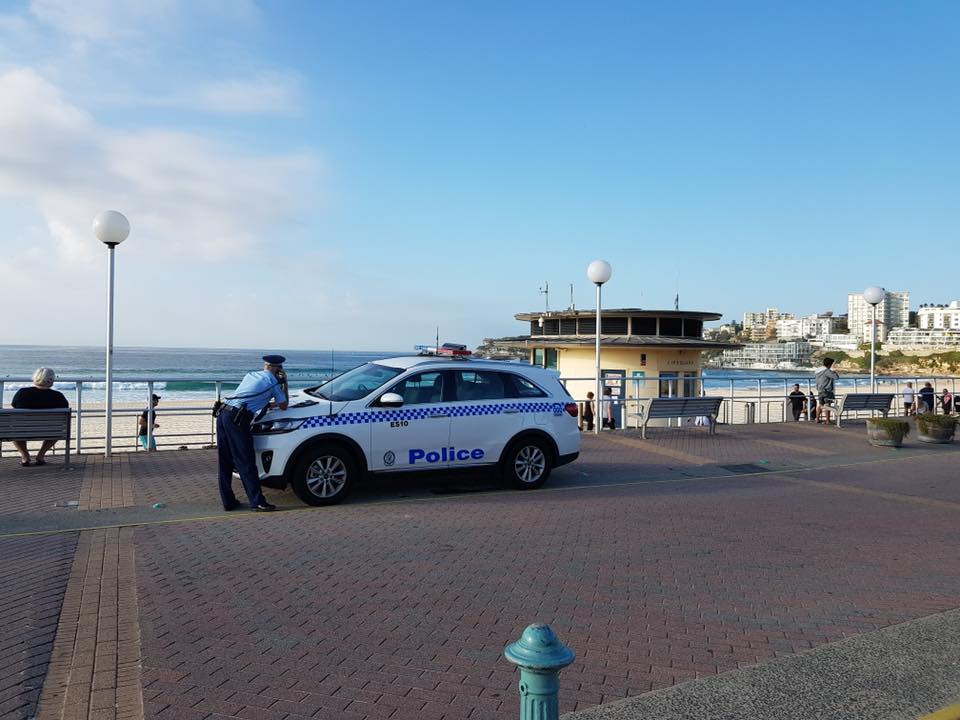
NSW Police records show officers handed out 1260 individual fines and five fines to corporations – totalling almost $40,000 – over the six-week period to Friday 15 May, when restrictions started to ease. 194 Court Attendance Notices were issued. All are yet to be tested in court. This lack of guidance from test cases meant lawyers were often as confused as community members over the correct interpretation of the laws.
“The only way we can figure out the meaning [of new laws] is if someone gets charged and runs the defence in court, then the judiciary makes a decision and provides guidance for future cases,” Schmidt told LSJ.
“By the time one of these court attendance notices comes to a hearing or an appeal, which could be a year and a half down the track, it’s going to be old news, and no one is going to care.”
Adding to the confusion, criminal law barrister Felicity Graham said individual police were enforcing the Health Minister’s directions “sometimes inconsistently and irrationally”.
“This may, in part, be because the public health messaging or advice delivered by the Prime Minister and other leaders in media forums is not exactly that which is reflected in the terms of the directions,” she said over a video conference event hosted by the Public Interest Advocacy Centre (PIAC) in May.
Graham pointed out the order in NSW required people not leave home without reasonable excuse. Once someone had left the home, however, there was no requirement to return home. Ministers and public health officials also constantly referenced a need for people to maintain 1.5 metres of “social distance” when in public spaces. But, contrary to popular misconceptions, the 1.5-metre rule did not appear anywhere in a law or public health order.
In NSW, the legal definition of a beach is the sand up to the high-water mark. This area can be closed by local councils and enforced by council rangers, who have the power to issue a $110 fine to anyone setting foot on the closed sand. A handful savvy surfers and swimmers in Sydney realised this and began clambering down rock shelves to access the water for exercise while avoiding the sand – thus technically circumventing both council regulations and lockdown laws.
Yet, media reports told of NSW Police officers patrolling beach areas and threatening to fine surfers and swimmers $1,000 for breaching the public health order.
“If someone is exercising on a closed beach, the police do not have power to issue a fine under the Public Health Act. The enforcement is via council rangers,” Sydney barrister and Greens MP for Woollahra David Shoebridge told LSJ.
“There has been a very blurred line of authority between police and council rangers on our beaches. Clearly, a number of police have thought they have power to issue $1000 fines under the Public Health Act of people who are on closed beaches. If that is the case, I expect those fines to be challenged.”
A spokesperson for NSW Police said that the only offence a solo exerciser on a closed beach may have committed would be “Acting contrary to notices erected by councils” – an offence under section 632 of the Local Government Act, which carries a maximum penalty of $1100 when prosecuted through the Land and Environment Court.
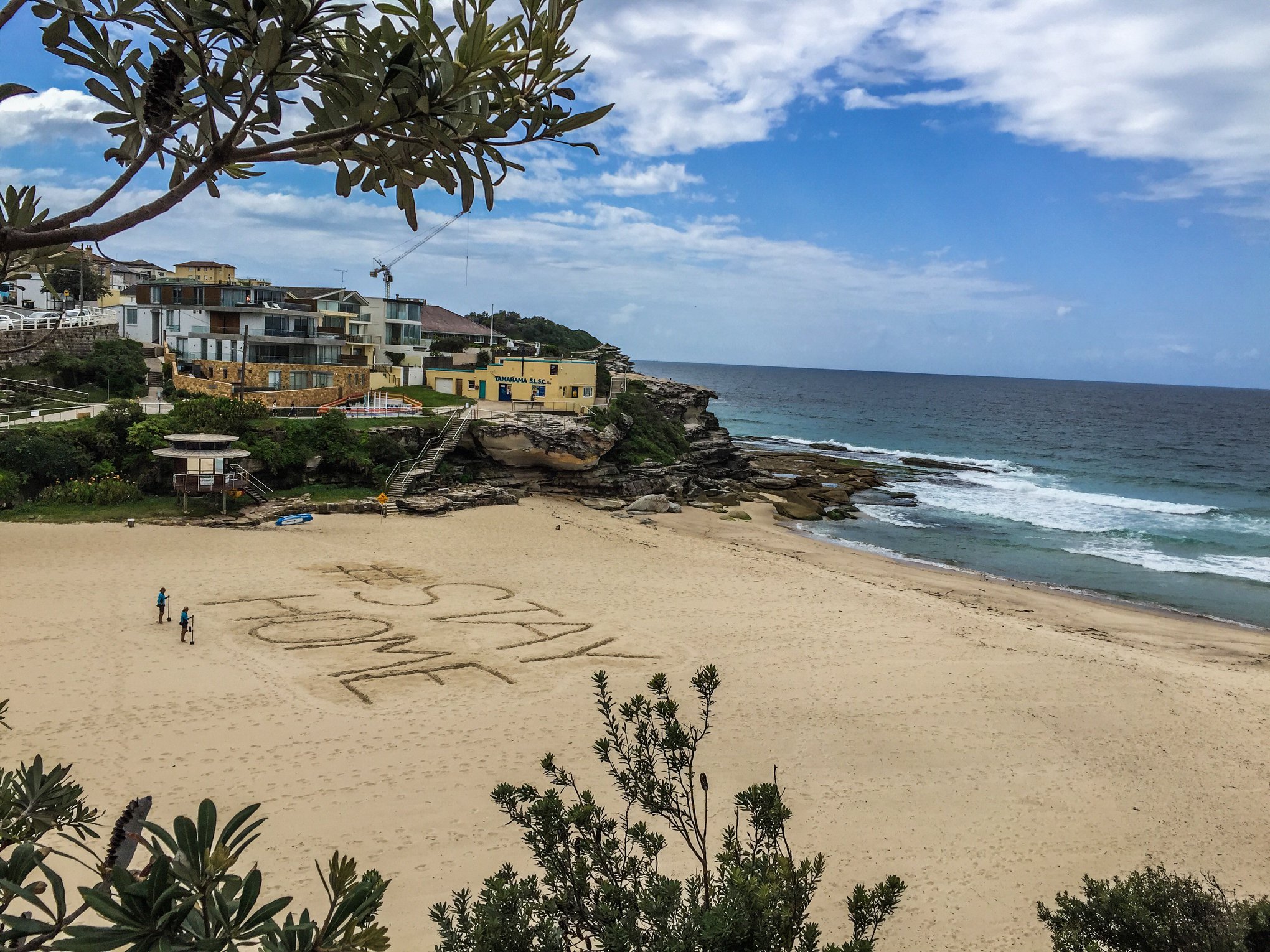
If closing beaches crossed a line, any remaining sand was dug up and hurled at politicians by angry community members when Waverley Mayor Paula Masselos announced a plan to reopen Bondi, Bronte and Tamarama beaches for locals only.
“The proposal by Mayor of Waverly Council to suggest that beaches are for locals only is something we need to strongly oppose,” said Shoebridge.
“Councils do not have the power to limit beach access to locals only. Furthermore, too often we see people from privileged economic backgrounds clustered around the beaches. A locals-only approach would only concentrate that privilege, and exclude people who look like outsiders, which can be a fast-track towards racism in a multicultural society like ours.”
In response to a request for clarification over the comment, the Mayor’s office told LSJ that “the Mayor was echoing the government’s advice that if people cannot exercise at home, they should exercise in their neighbourhood”.
“We have always welcomed people from all over Sydney, Australia and the world to our area and certainly have no intention or power to check where people live who access the water at our beaches via our ‘Swim and Go’ and ‘Surf and Go’ policies,” the spokesperson said.
To many observers – some commenting on the same social media pages where people protested beach closures – the rules made sense. If one wedding could spread the contagion to 35 people, surely a beach crammed with sweaty bodies (as Bondi had been on hot days in late March) could act like a petri dish for the virus?
But even when beaches reopened for exercise, it became clear that the tussle escalating between public health defenders and civil libertarians was not just over the sand. It encapsulated broader concerns about freedom, police powers, and the rule of law in a pandemic.
“The misuse of power is nothing new in our community,” said Graham, summarising the concerns of many community members. “A public health emergency shouldn’t be a free pass for heavy-handed policing.”

